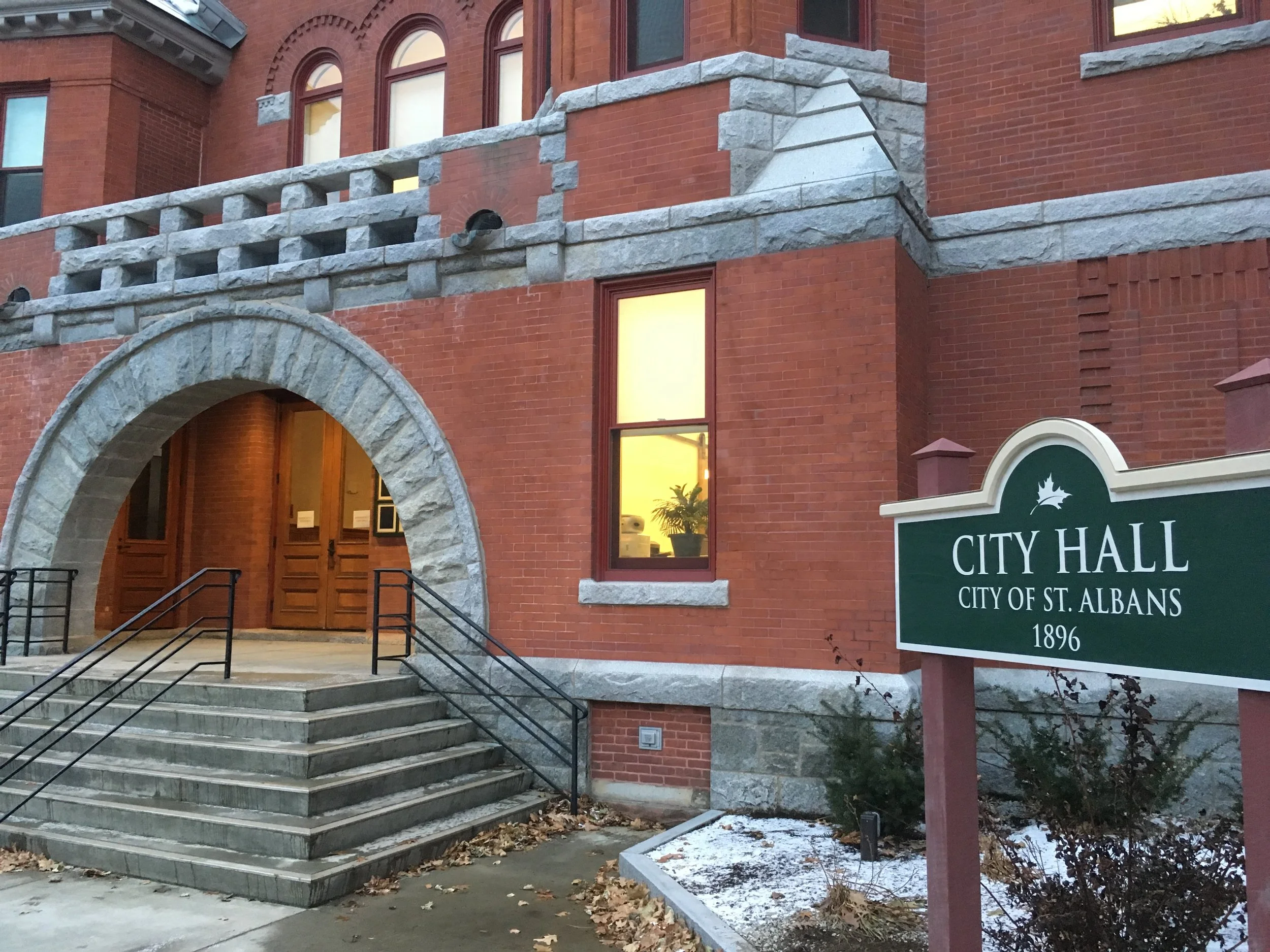Renewed THC potency proposal stirs the pot in Senate
File photo.
The Senate Judiciary Committee heard from familiar faces on a familiar policy last week: THC potency limits for cannabis concentrate products. A bill in the committee, S.72, would remove the current statutory limit of 60% for concentrates sold in shops — products like hashish and oils and waxes that contain higher amounts of the chemical in cannabis that gets people high.
The same no-limit policy was introduced last session as part of the cannabis omnibus bill, S.188, which further fleshed out regulations in Vermont’s fledgling recreational pot industry. But legislators then made a last-minute decision to impose a 60% limit on concentrates before Gov. Phil Scott signed the bill. That’s what sponsor Sen. Dick Sears, D-Bennington, wants to undo.
The renewed potency proposal has quickly stirred debate in a recent committee hearing.
In favor of the new bill was James Pepper, chair of the state Cannabis Control Board, who worked with Sears and others on both bills. Also testifying in favor recently was Geoffrey Pizzutillo, executive director and co-founder of the Vermont Growers’ Association. The two were joined in support of the bill by Jessilyn Dolan, president of the American Nurses Association for Vermont and founder of the Vermont Cannabis Nurses Association.
Testifying against the bill was consultant Jill Sudhoff-Guerin, from Maidstone Public Relations, speaking on behalf of the Vermont Medical Society.
From an onlooker’s perspective, Thursday’s testimony exhibited a host of contradictions between claims made by those in each camp, resulting in a morning of your-word-against-mine debate and clashing research.
Contradictions arose about the methods for making THC concentrates. Pepper said each method “will produce a final product that is cannabis-concentrate well above 60% THC potency.”
Yet the Vermont Medical Society claims this isn’t the case, citing an American Academy of Pediatrics study from 2019 that found extraction methods that yield concentrations with THC content percentages between 39% and 60%.
Sudhoff-Guerin made clear throughout her testimony that not only does the society oppose lifting the potency caps, but it would also favor prohibiting chemical extraction methods and oil-based cannabis products, except those previously authorized for medical use.
Other incongruities emerged from discussions of how potency caps impact the illicit market for cannabis products.
Pepper argued that the “illicit market thrives on prohibition.” And he alluded to a control board presentation last year that said: “A prohibition on solid concentrates with THC percentage greater than 60% is likely to keep all solid concentrate sales in the illicit market.”
Sudhoff-Guerin directly disputed that claim using case study examples from Colorado and California, both of which stood up recreational markets much sooner than Vermont. Studies in those states, which have no potency limits, showed illegal markets for the products are still thriving, she said.
Sudhoff-Guerin would also make claims about the potential public health impacts of lifting the potency limit. “We're seeing increased visits to the ER; we're seeing people that have any sort of mental health diagnosis having that exacerbated by the high potency cannabis use,” she said, “and we know that our state is struggling with psychiatric issues and capacity right now.”
“Right now our mental health capacity is just not there. We are not meeting the needs of Vermonters,” she added.
Pizzutillo of the grower association refuted the medical argument. “The availability of concentrates on the market has little to no bearing on public health,” Pizzutillo attributed this claim to the same Cannabis Control Board report from last December, which included a section dedicated to the “incomplete data” on medical reports of cannabis potency. In the report, the board said the risks of prohibiting high-potency products outweigh the risks of consuming higher THC concentrations legally.
“Contaminants, additives and other impurities present in unregulated products could create health impacts that greatly outweigh any benefit resulting from a prohibition on high-potency concentrates,” the report says.
Even the metaphors used in testimonies spurred debate between witnesses.
At one point Sudhoff-Guerin said, “We know that we are speaking against an industry, and this is a billion-dollar industry, and similar to big tobacco they’re huge and it’s very difficult for lawmakers to vote against them. It’s very difficult for people to not want that revenue.”
Dolan, from the nurses groups, later made a point to address that comparison directly: “Comparing this industry to the tobacco industry, I think, is a little disheartening,” she said. “We know that this industry does have medicinal support and use and research behind it”.
The initial hearing on S.72 suggests the debates are far from finished.
“We're saying go slow,” said Sudhoff-Guerin. “There's no reason for us to raise this potency limit right now. The market just came online in October, and everybody's meeting their goals or surpassing their goals on sales, so there's no reason that we need to have (higher potency) products in the market right now.”




